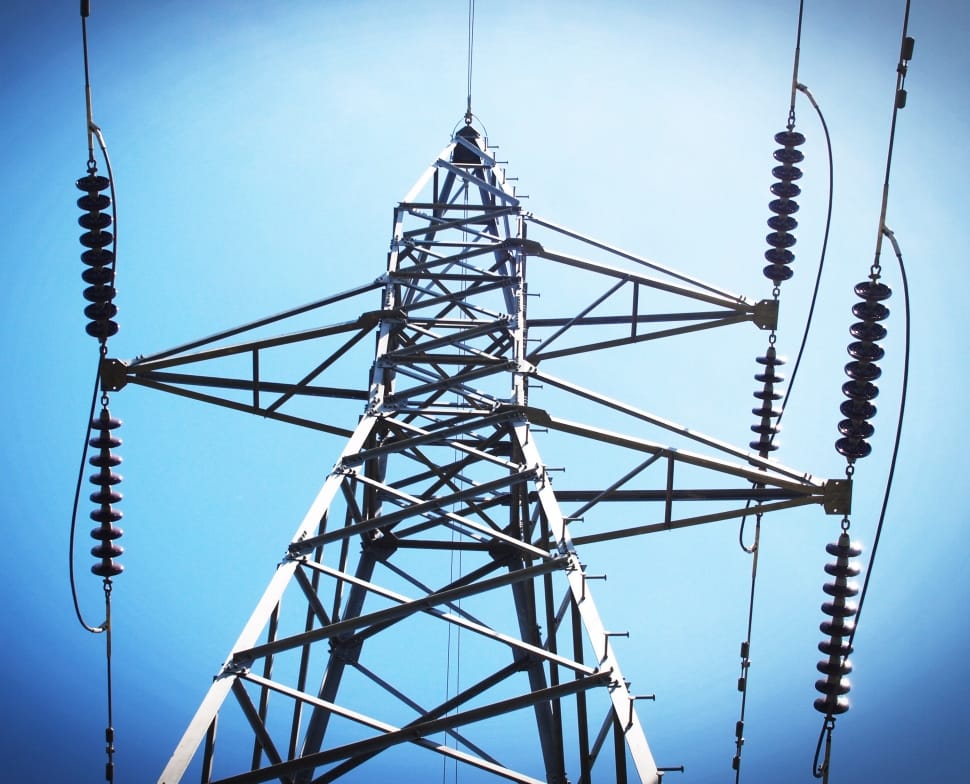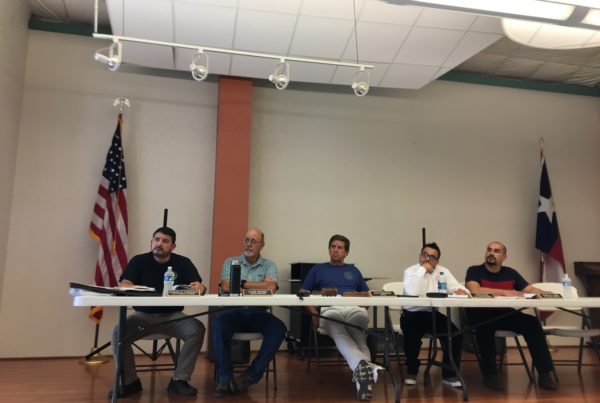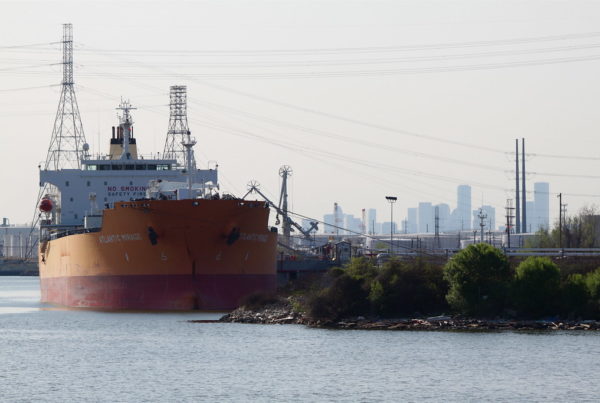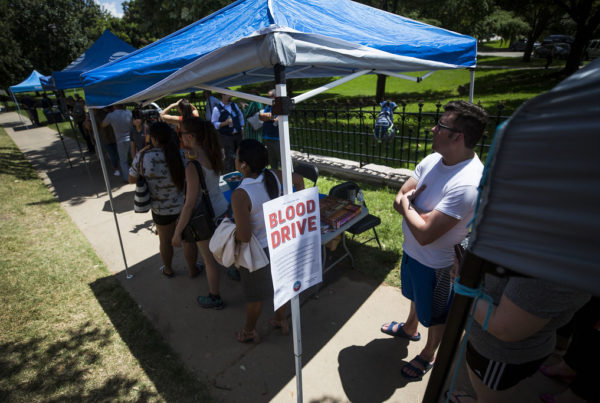As electricity prices spiked recently due to high demand, virtually all of Texas faced the prospect of rolling blackouts. But the small city of Victoria, close to the Gulf Coast, had so much power that it was practically giving it away. But why?
Chris Martin, a renewable energy reporter for Bloomberg, says power shortages are common in Texas in the summer.
“Demand peaks in the summer when it gets hot and everybody’s firing up their air conditioners,” Martin says.
He says that demand strains the electric grid, which has less capacity since many Texas coal-powered plants have shut down. Such demand led to a brief spike in cost this month, to $9,000 per megawatt hour. And wind power often doesn’t help compensate on hot, windless days. But Victoria managed to actually produce energy on those days. Martin says that’s because the various industrial companies in Victoria generate their own power.
“It’s really got a high concentration of large manufacturers: plastics and oil refineries – DuPont, Dow, South Texas Steel,” he says. “All those industries … consume so much electricity, many of them have their own generators.”
He says some of this is based on speculation, but he knows that when energy prices soar, some of these companies will pause parts of their operations. But that leaves them with energy to spare.
“They’ve got all this electricity on site that they don’t really need because they’ve shut down some of their own factory lines,” Martin says. “Then they can send some of that power onto the grid.”
But he says that extra power never left the Victoria area because the infrastructure wasn’t set up to make that possible. If it had, it would have helped drop electric prices statewide.
“They had way more than they needed,” Martin says. “The price went negative; they had to pay to keep shipping the power onto the grid.”
Martin says hopefully by next summer, Texas will invest in more infrastructure to take advantage of this surplus energy.
“Texas is a unique place,” he says. “This is the way it’s supposed to be operating.”
Written by Caroline Covington.















